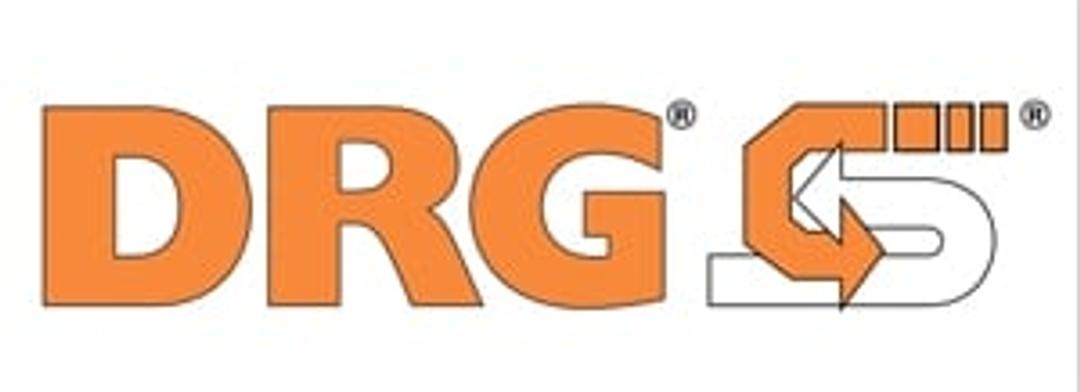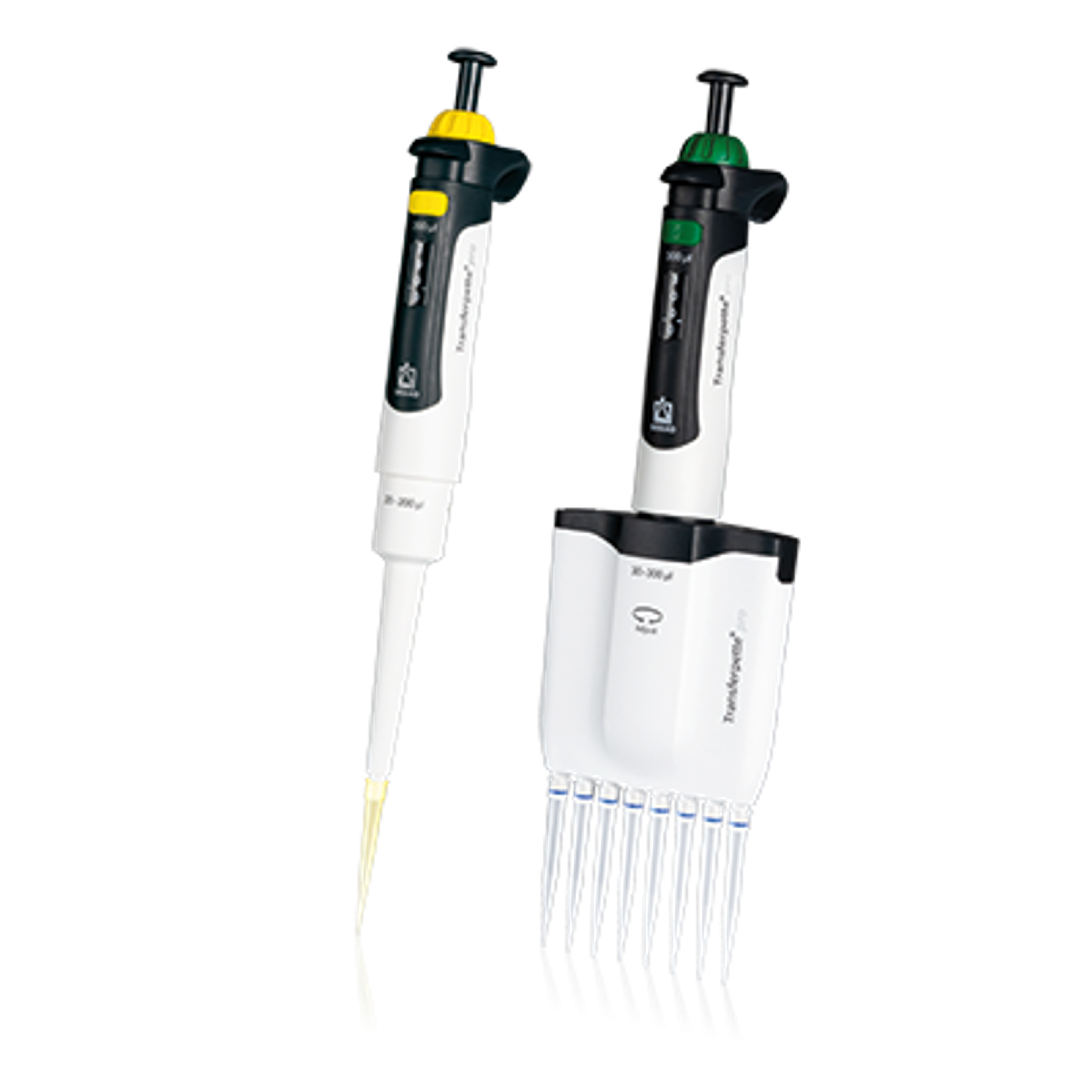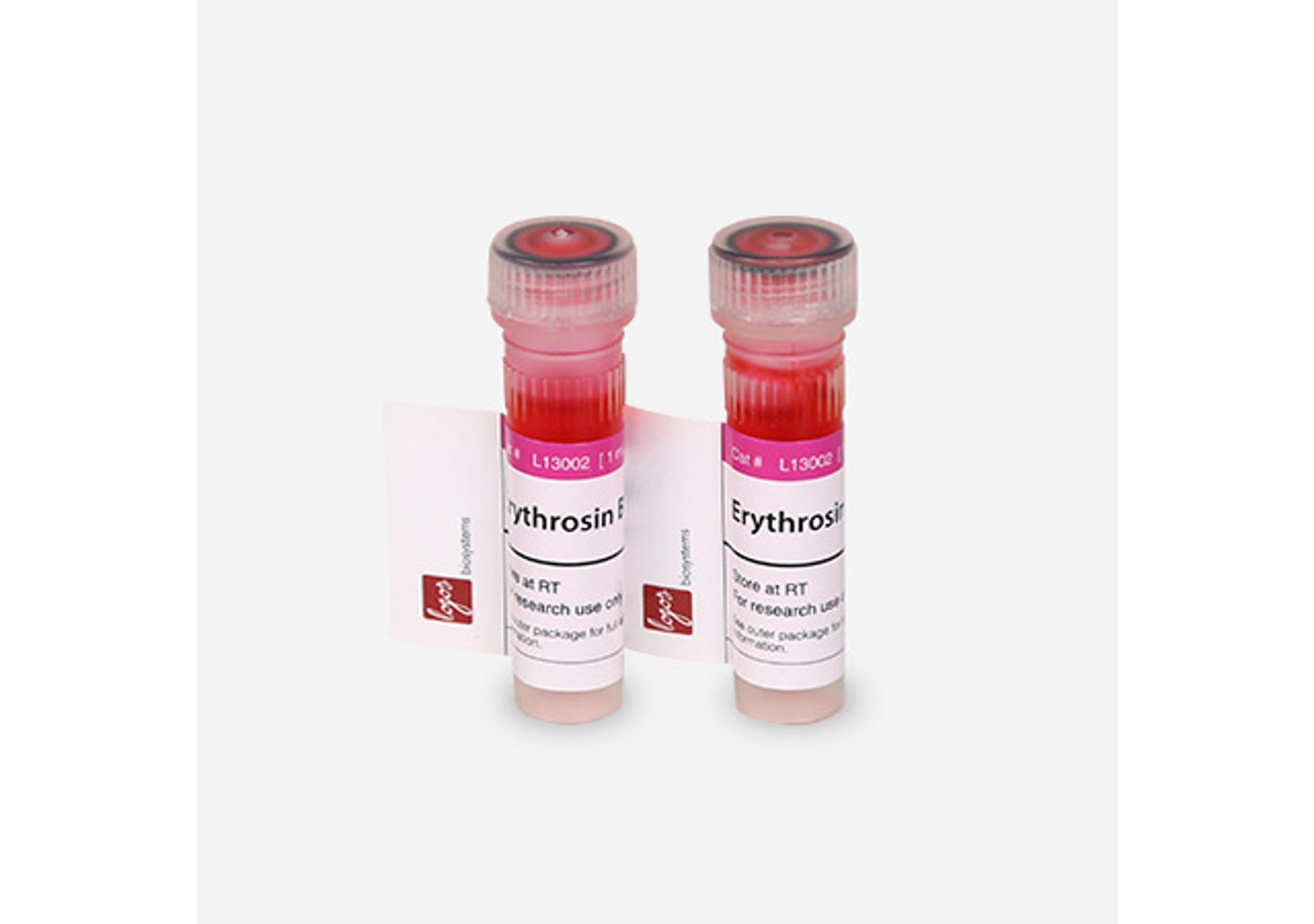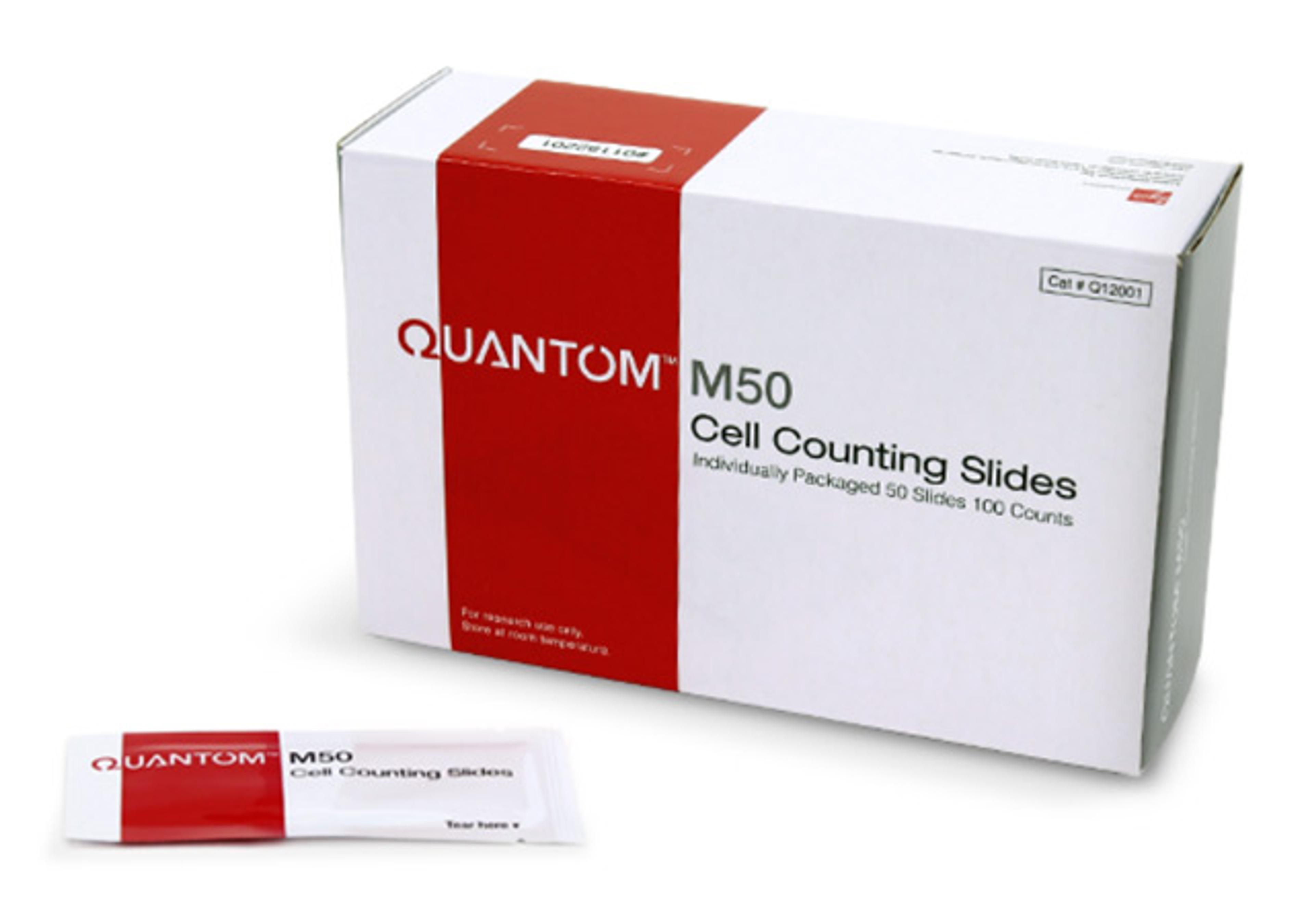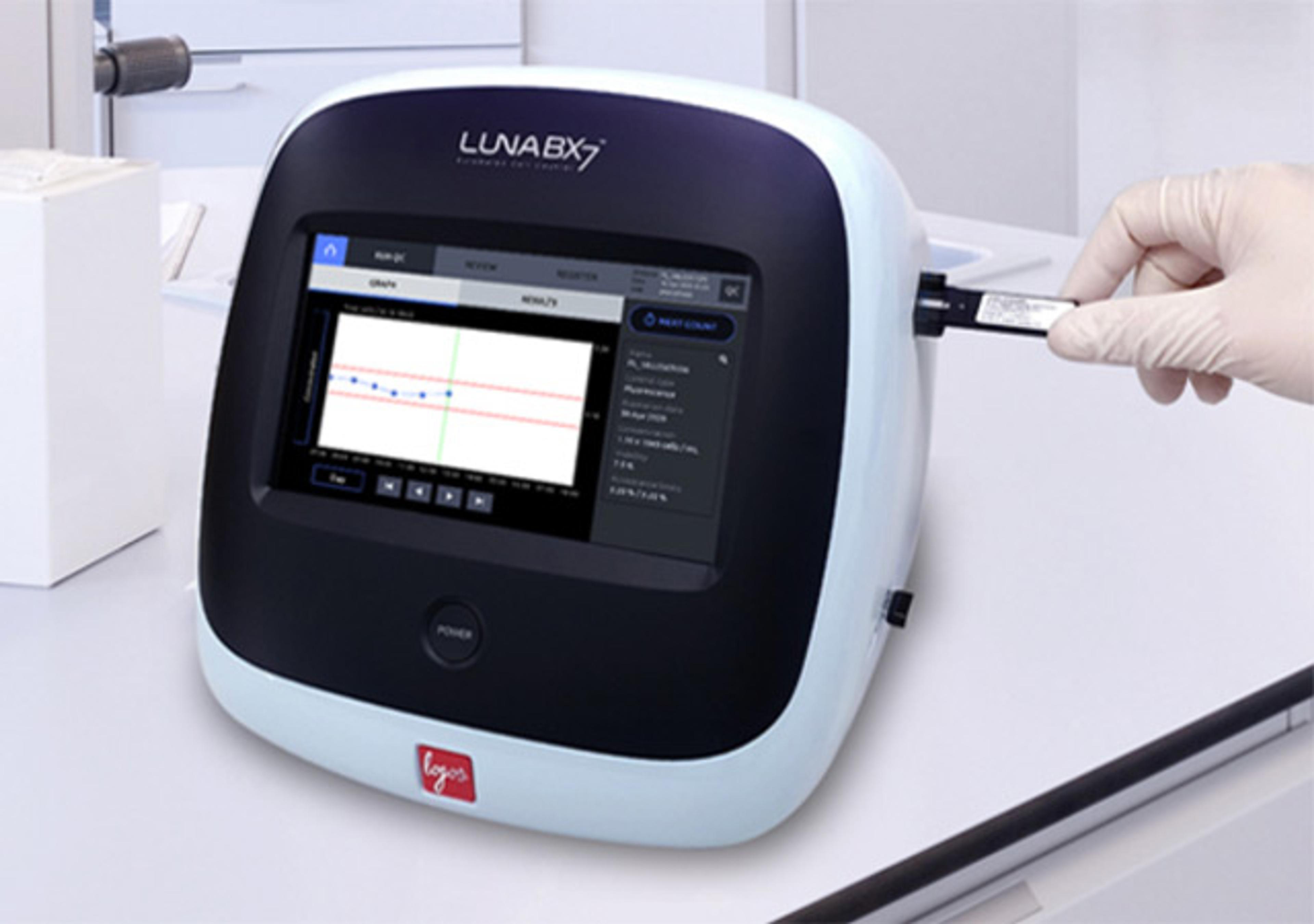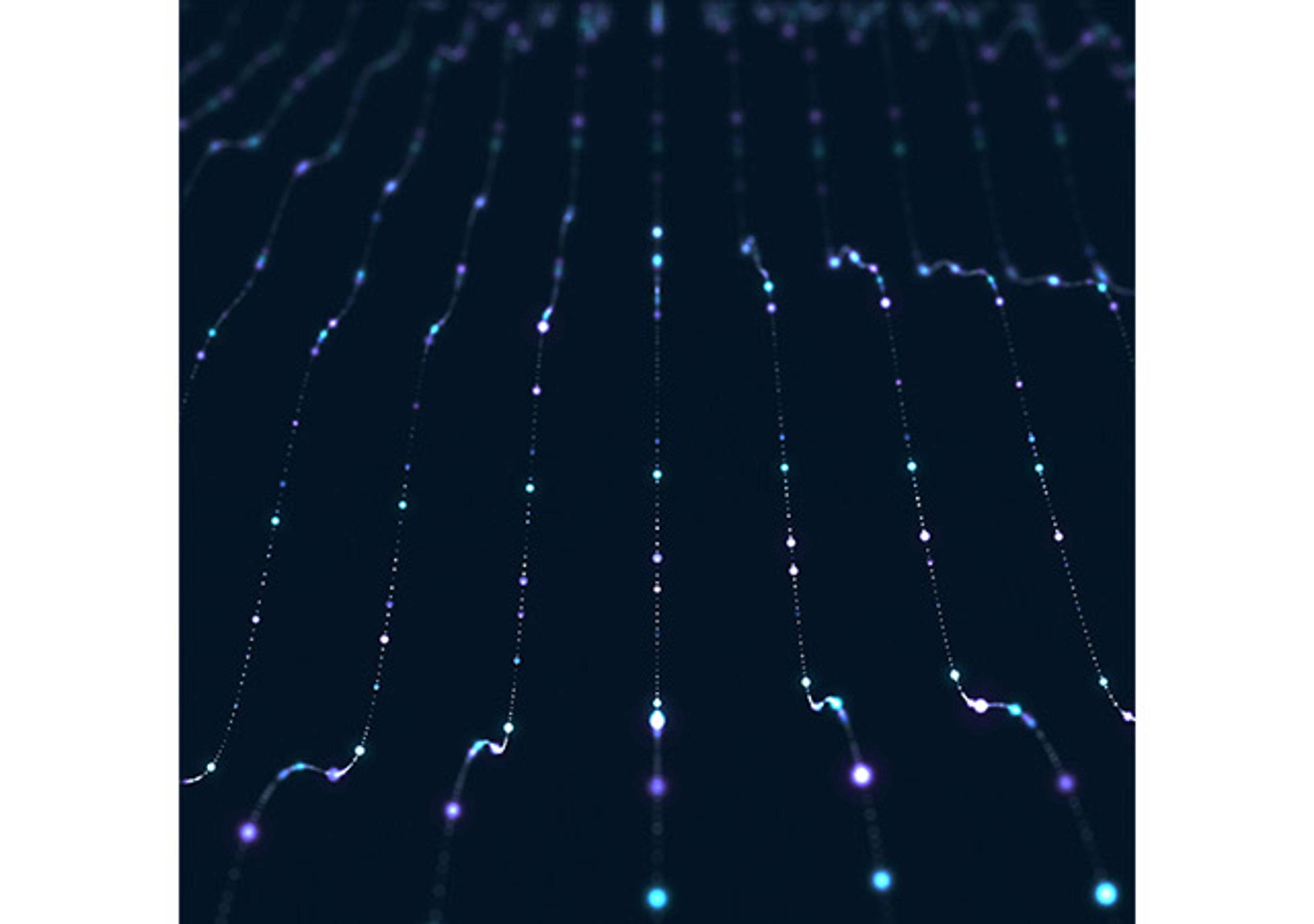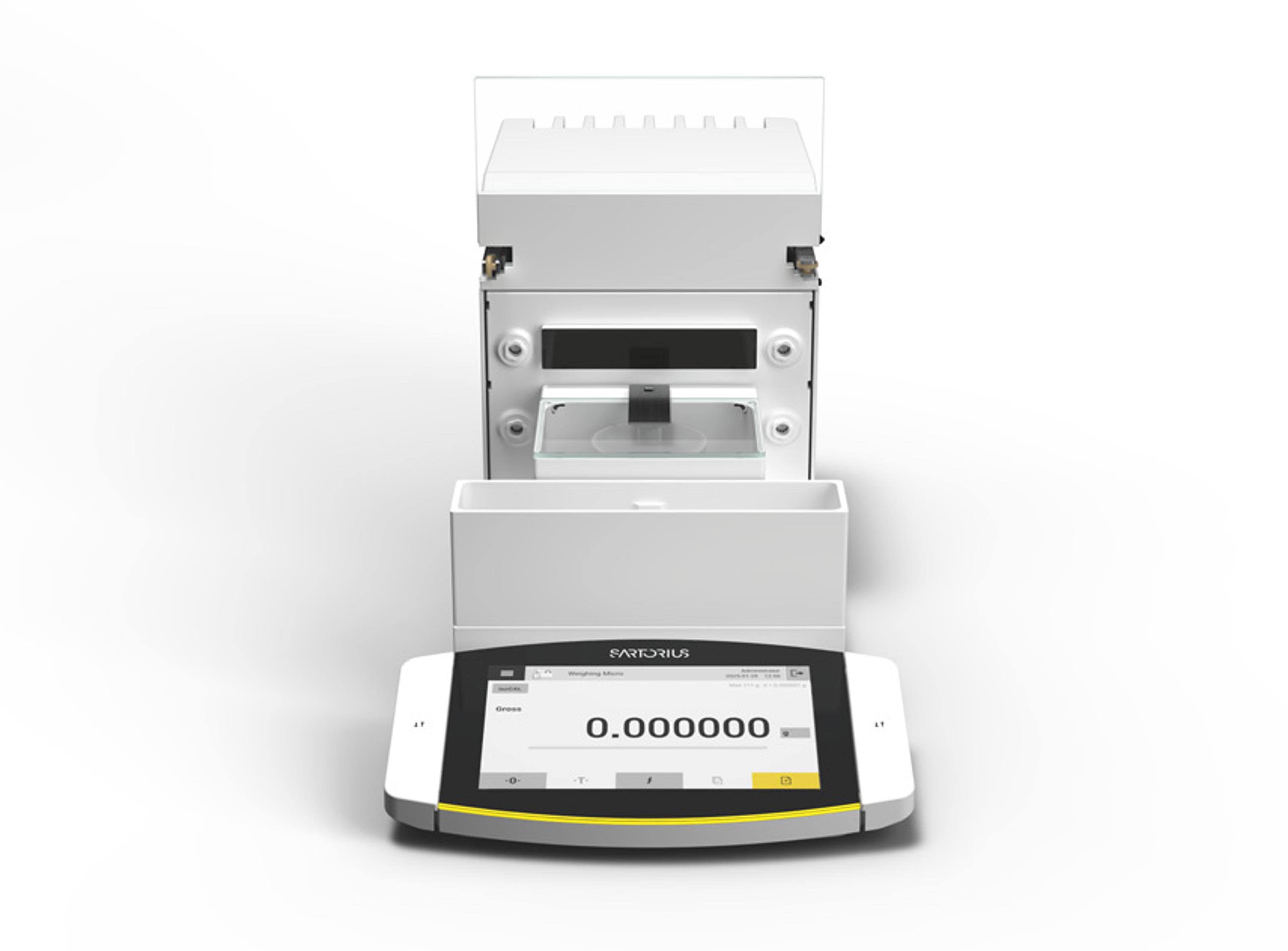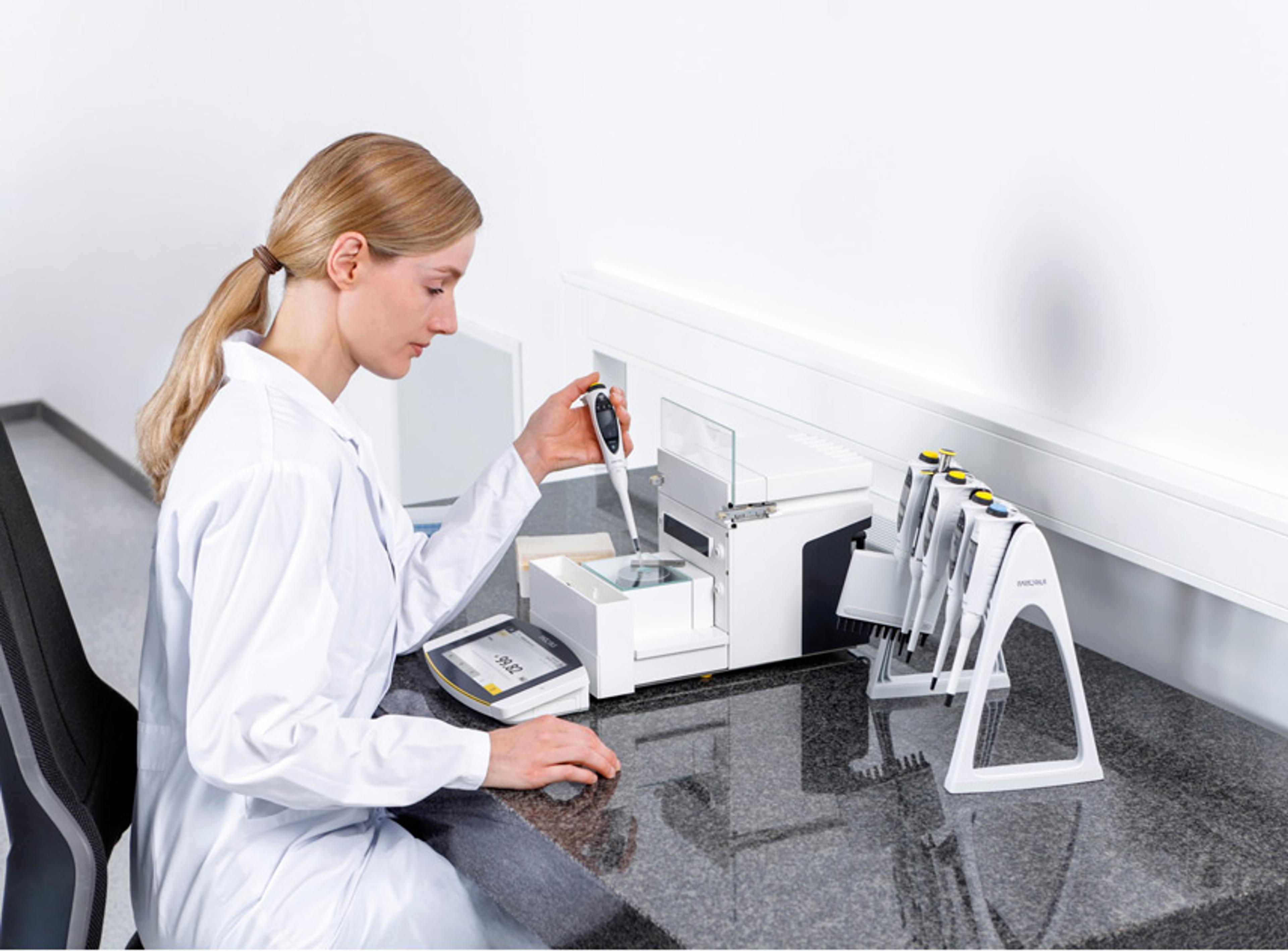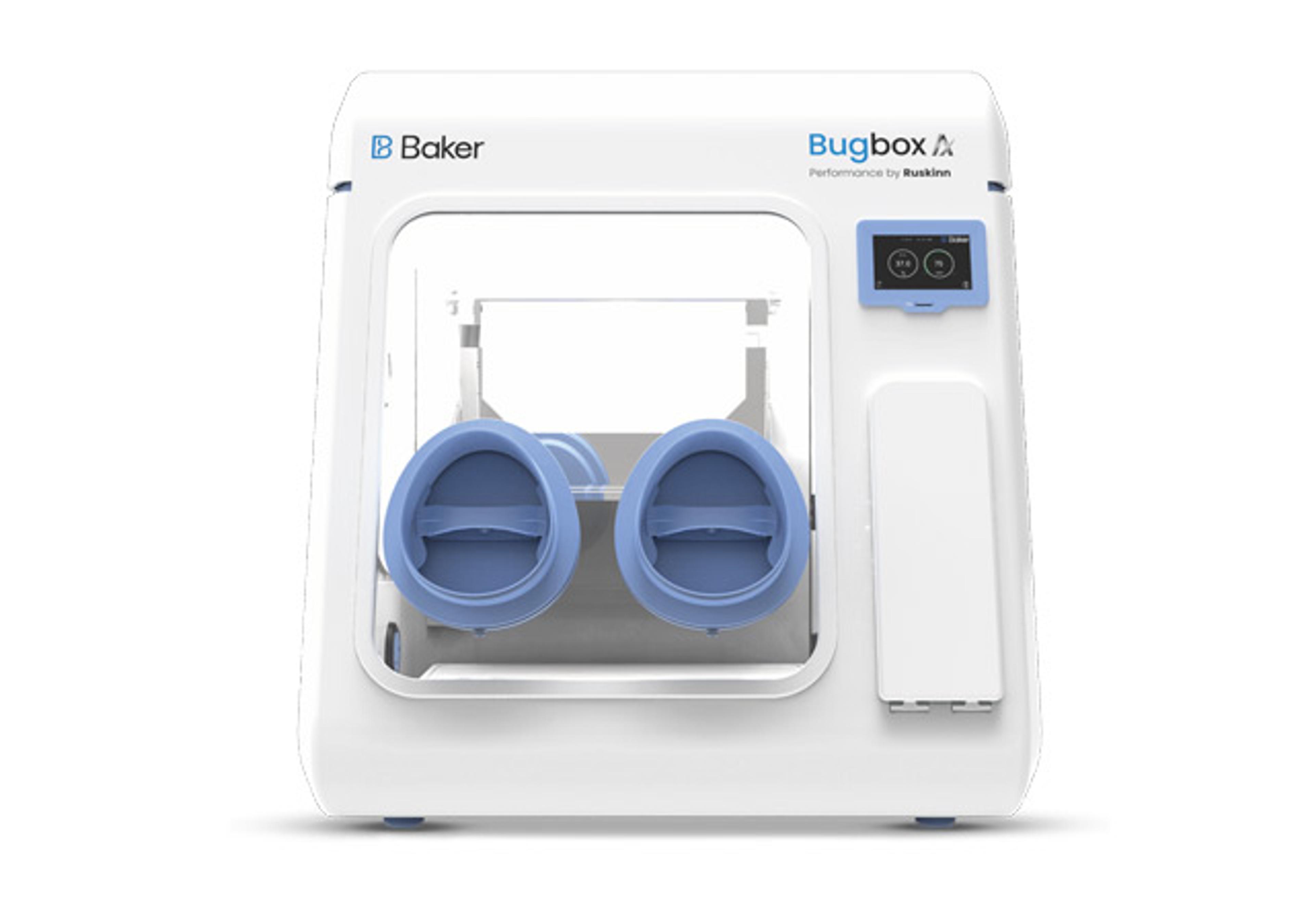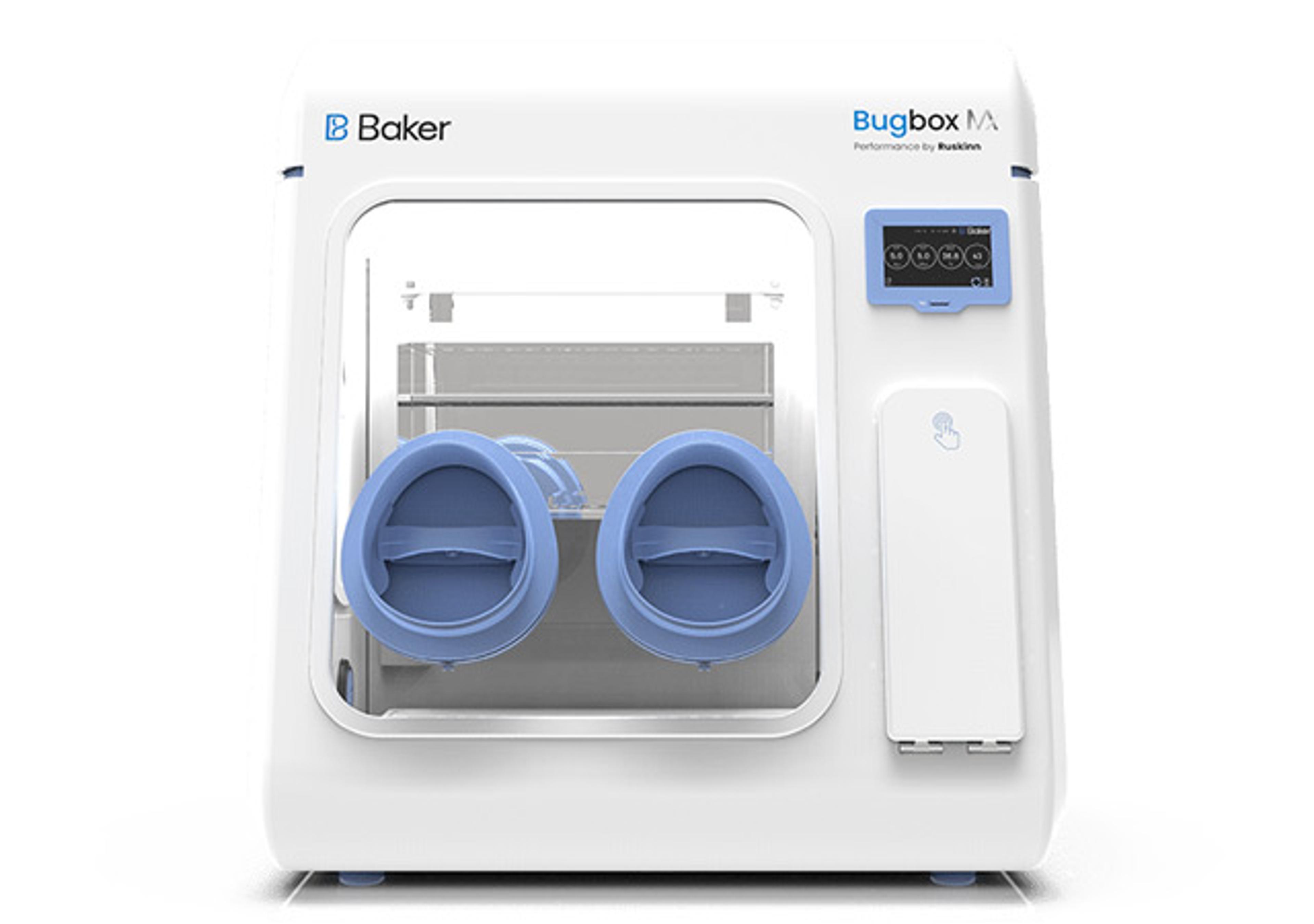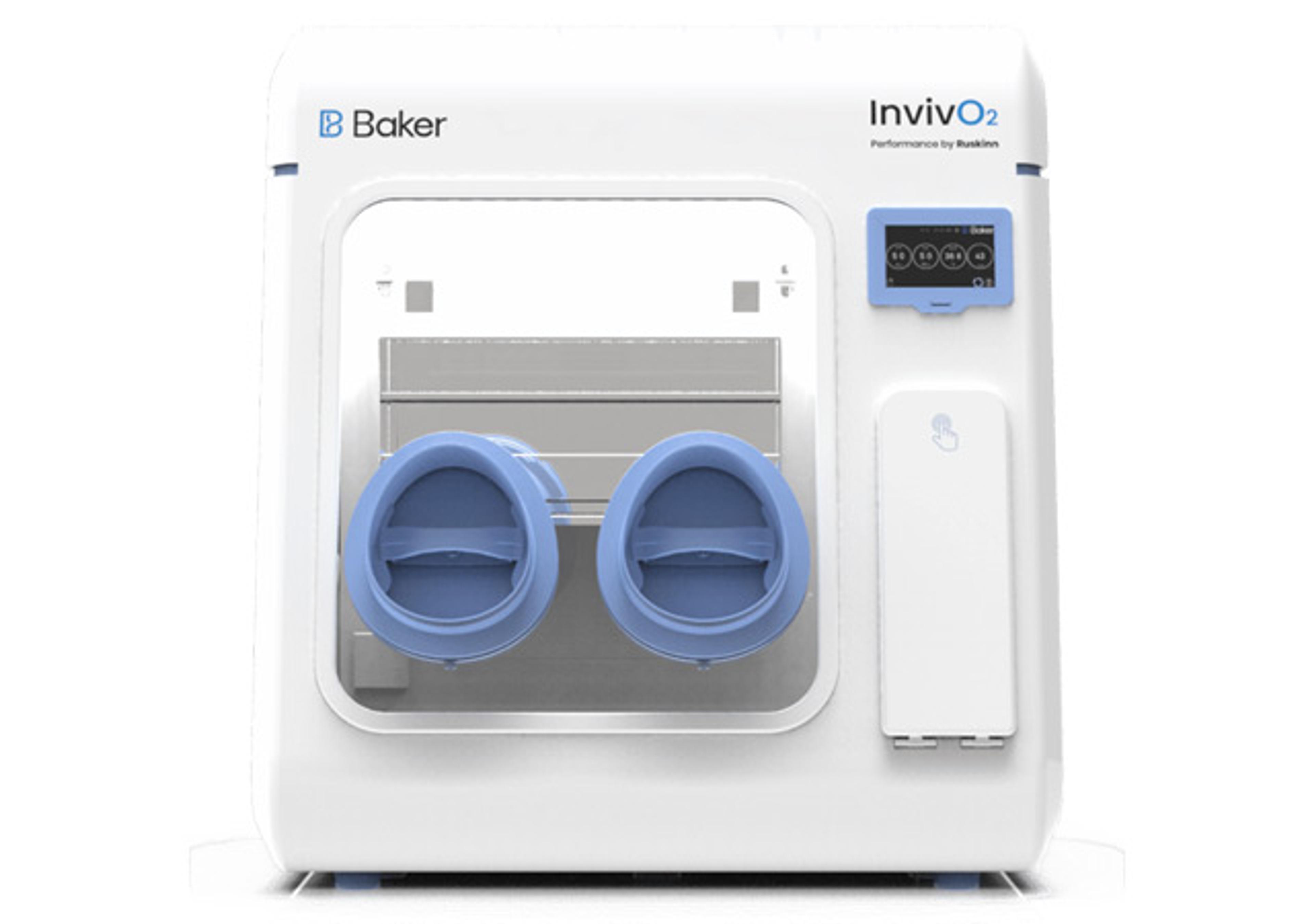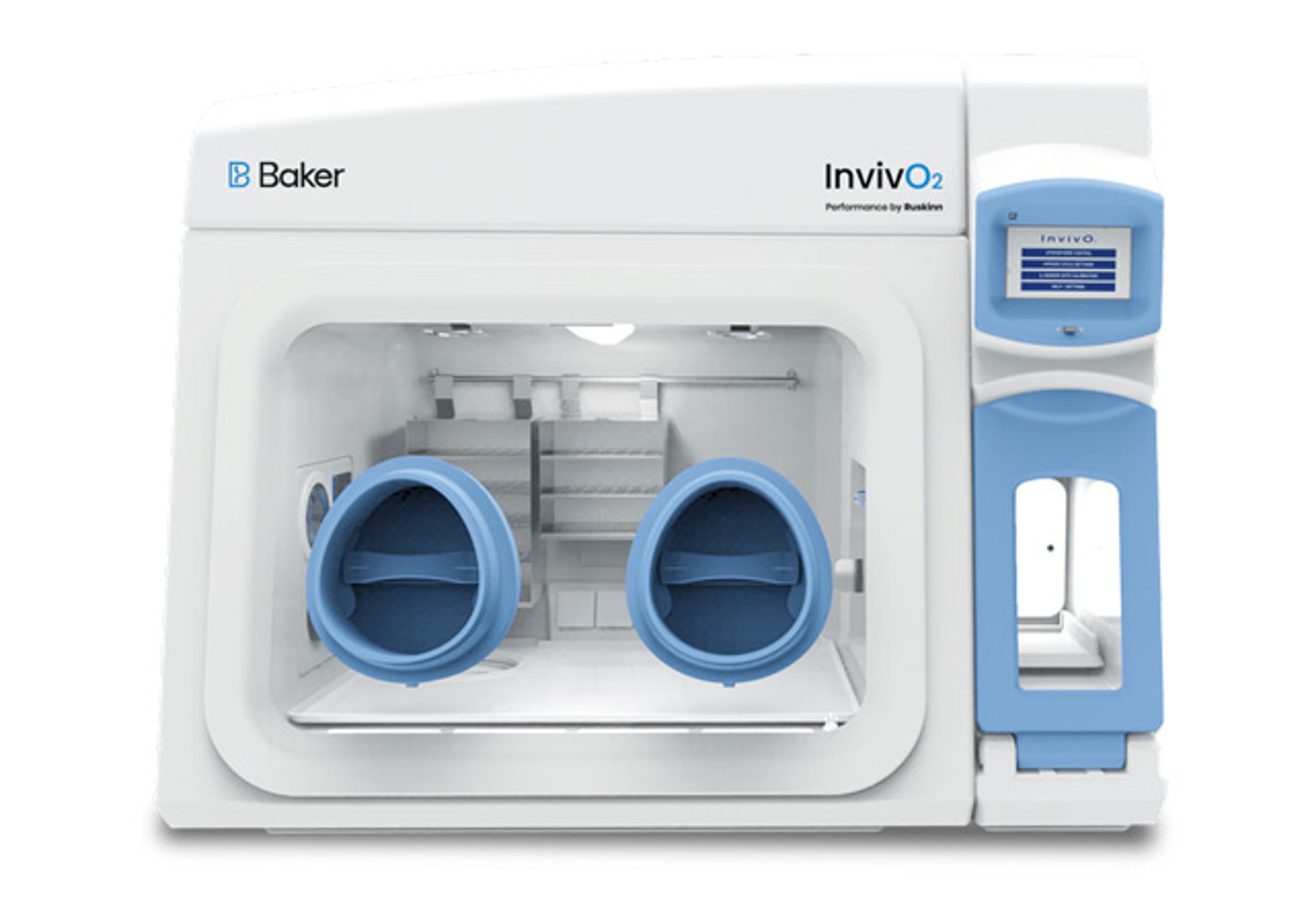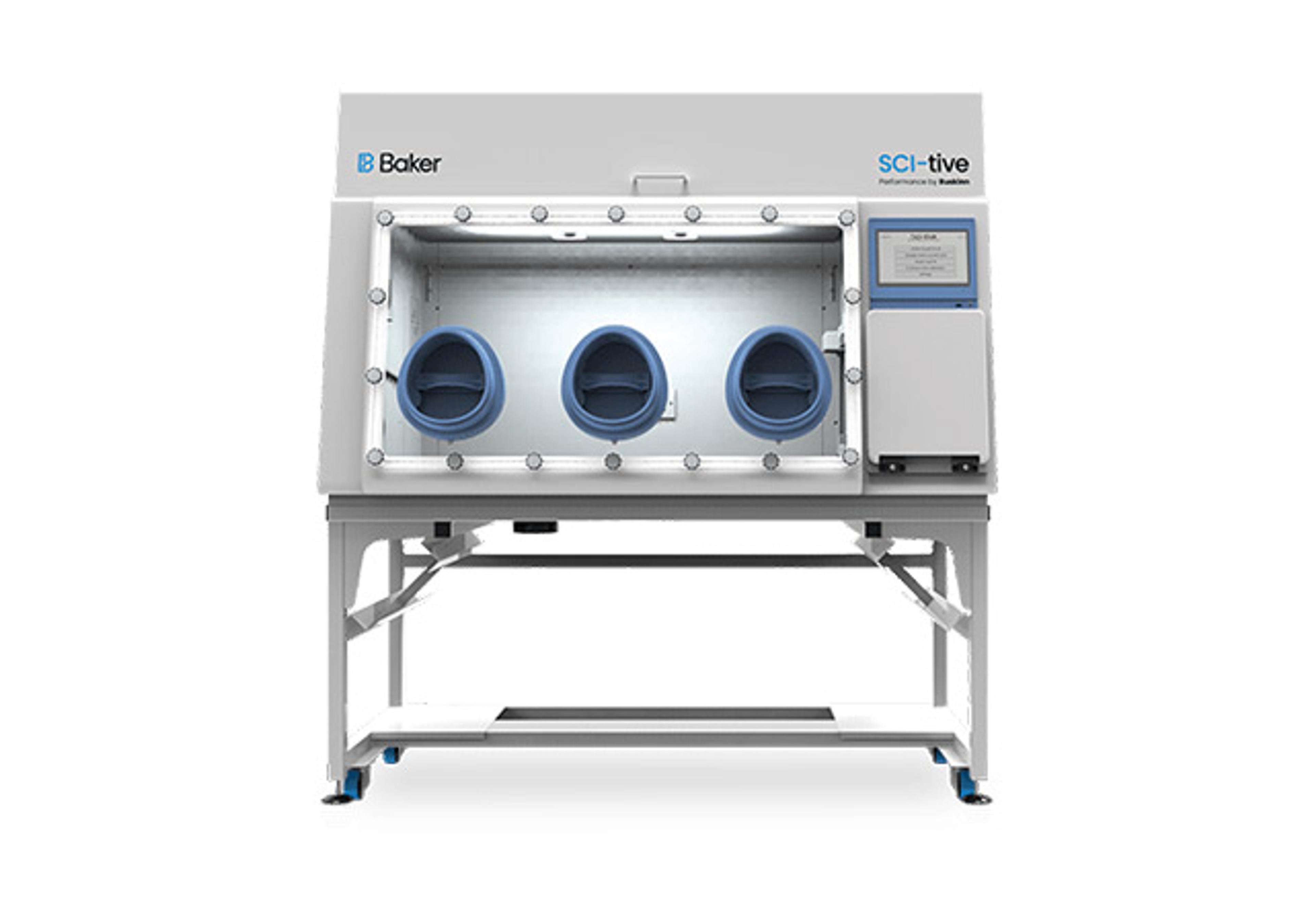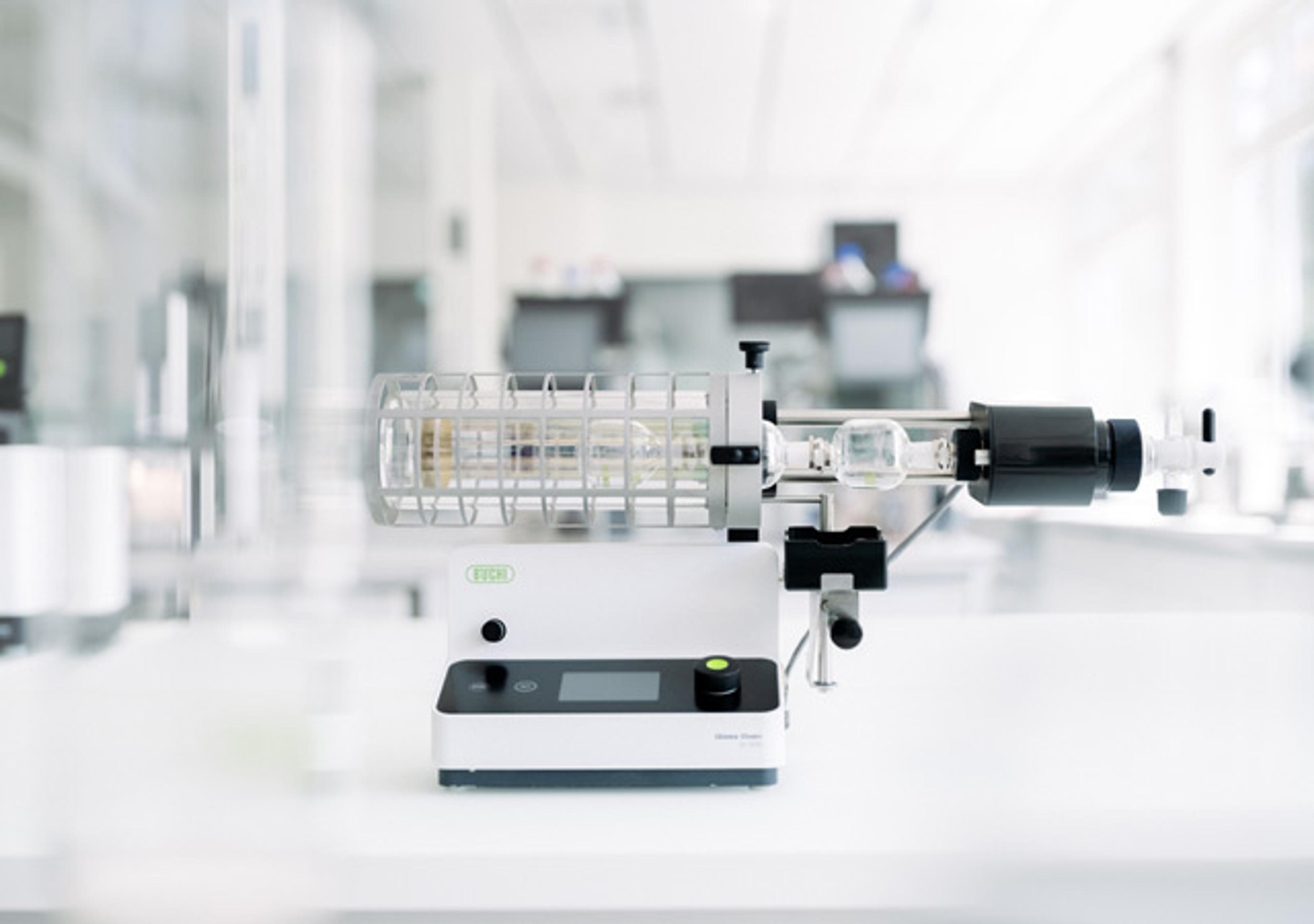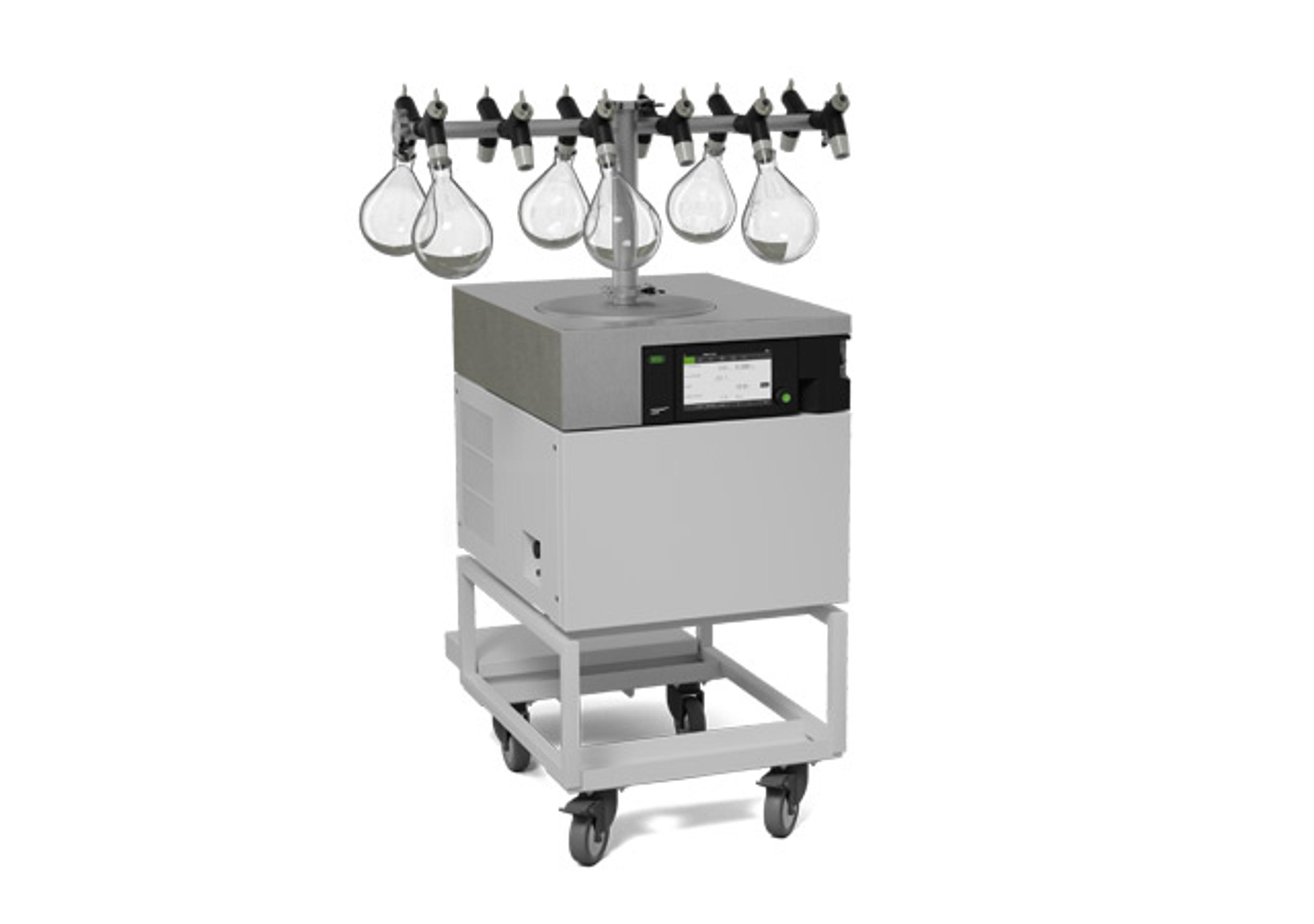PCP (phenyclidine)
The QuickScreen One Step Phencyclidine Test is a rapid, qualitative immunoassay for the detection of Phencyclidine in urine. The cutoff concentration for this test is 25 ng/ml, as recommended by the Substance of Abuse and Mental Health Services Administration (SAMHSA), formerly the U.S. National Institute of Drug Abuse (NIDA). This test provides only a preliminary test result. A more specific alternate testing method must be u…

The supplier does not provide quotations for this product through SelectScience. You can search for similar products in our Product Directory.
The QuickScreen One Step Phencyclidine Test is a rapid, qualitative immunoassay for the detection of Phencyclidine in urine. The cutoff concentration for this test is 25 ng/ml, as recommended by the Substance of Abuse and Mental Health Services Administration (SAMHSA), formerly the U.S. National Institute of Drug Abuse (NIDA). This test provides only a preliminary test result. A more specific alternate testing method must be used in order to obtain a confirmed analytical result. Gas chromatography/mass spectrometry (GC/MS) is the preferred confirmatory method. Other confirmation methods are available. Clinical consideration and professional judgment should be applied to any drug-of-abuse test result, particularly when preliminary positive results are observed.Phencyclidine, commonly known as PCP or "angel dust", is used primarily as a recreational drug for its hallucinogenic effect. PCP is commonly taken orally, by inhalation, by insufflation or intravenously. It is well absorbed following all routes of administration, concerning fastest in fatty tissues and the brain. Unchanged PCP is excreted in the urine in moderate amounts (10% of the dose). The terminal half-life for PCP varies considerably, with a range of 8-55 hours, averaging of 18 hours. The effects of PCP are unpredictable and variable. Depending on the amount used, the user may show signs of euphoria, relaxation, increased strength, time and space distortions, anxiety, panic, and hallucination.QuickScreenÔ One Step PCP Screening Test is a competitive immunoassay that is used to screen for the presence of Phencyclidine in urine. It is a chromatographic absorbent device in which drugs or drug metabolites in a sample compete with drug/protein conjugate immobilized on a porous membrane for a limited number of antibody/dye conjugate binding sites. The test device employs a unique combination of monoclonal and polyclonal antibodies to selectively identify PCP in urine with a high degree of confidence. A test strip is inserted into a sample cup containing the urine specimen. The urine then migrates up the strip by capillary action. As it migrates it mixes with labeled antibody/dye mixture. When no PCP is present in a sample, or the PCP concentration is below 25 ng/ml (the detection sensitivity of the test), antibody/dye conjugate binds to drug/protein conjugate coated in the Test Region (T) of the device. This reaction produces a color5ed Test Band which, regardless of its intensity, indicates a negative result. When the PCP urine concentration is at or above 25 ng/ml, antibody/dye conjugate binds to free drug, competing with the drug/protein conjugate in the test region (T) of the device for the limited number of antibody binding sites. This prevents the development of a distinct colored band, indicating a potentially positive sample. In either case, a colored Control Band is produced in the Control Region (C) by a non-specific antibody-dye/conjugate reaction. This band serves as a built-in quality control device, demonstrating generic antibody recognition and reactivity as well as confirming that the test result is valid.

